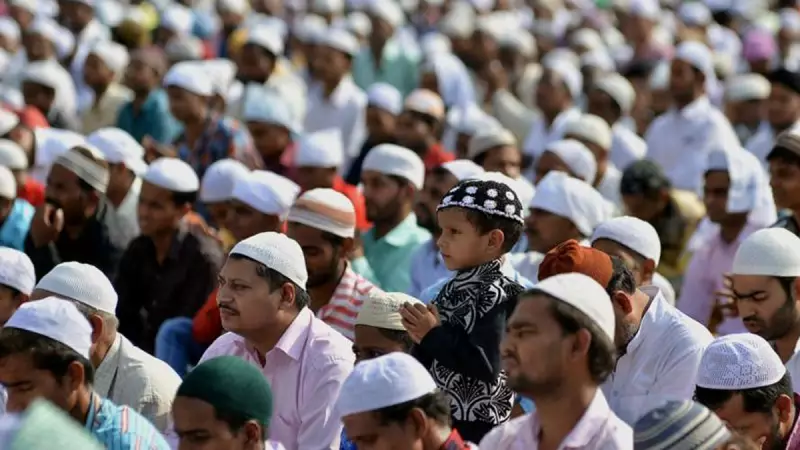
The recently concluded Bihar Assembly Elections 2025 have witnessed significant political representation from the Muslim community, with eleven Muslim candidates emerging victorious across various political parties. This electoral outcome highlights the continuing importance of minority representation in Bihar's political landscape and showcases the performance of several key parties in securing Muslim votes.
Party-wise Distribution of Muslim MLAs
The Rashtriya Janata Dal (RJD) has secured the highest number of Muslim legislators with four candidates winning their respective constituencies. Following closely, the All India Majlis-e-Ittehadul Muslimeen (AIMIM) has made remarkable gains with three successful candidates, marking a significant expansion of their presence in Bihar politics. The Congress party has secured two Muslim MLAs, while the Janata Dal (United) has one representative from the community.
The complete list of winning Muslim candidates includes prominent names such as Akhtarul Iman, Qazi Abdul Jalil, and Shakeel Ahmed Khan from AIMIM. From the RJD camp, successful candidates comprise Kumar Sarvajeet, Surendra Prasad, and other notable figures who have secured their positions in the state assembly. The Congress party's Muslim representation comes through candidates who have demonstrated strong electoral performance in their respective regions.
Constituency-wise Performance Analysis
The electoral success of these eleven Muslim candidates spans across various constituencies in Bihar, reflecting broad-based support from diverse electoral demographics. Each winning candidate has managed to secure their victory through strategic campaigning and strong local connect, overcoming challenging political competition in their respective areas.
The election results demonstrate the evolving political dynamics in Bihar, where Muslim representation continues to play a crucial role in the formation of the state government. The performance of AIMIM, in particular, indicates the party's growing influence in specific regions of Bihar, potentially reshaping future political alliances and strategies.
Implications for Bihar's Political Future
This electoral outcome carries significant implications for Bihar's governance and political discourse. The representation of eleven Muslim MLAs ensures that community concerns and perspectives will be voiced in the legislative assembly. The distribution of these MLAs across different parties also suggests varied political affiliations within the Muslim community, reflecting diverse political preferences and priorities.
The success of these candidates underscores the importance of inclusive politics in Bihar, where multiple communities seek adequate representation in the decision-making process. As the new assembly convenes, these eleven Muslim MLAs are expected to contribute significantly to legislative debates and policy formulation, particularly on issues affecting minority communities and broader developmental agendas.
Political analysts are closely watching how this representation will influence government formation and policy direction in Bihar. The presence of Muslim MLAs from both ruling and opposition parties ensures balanced discussion on key issues and promotes inclusive development initiatives across the state.





